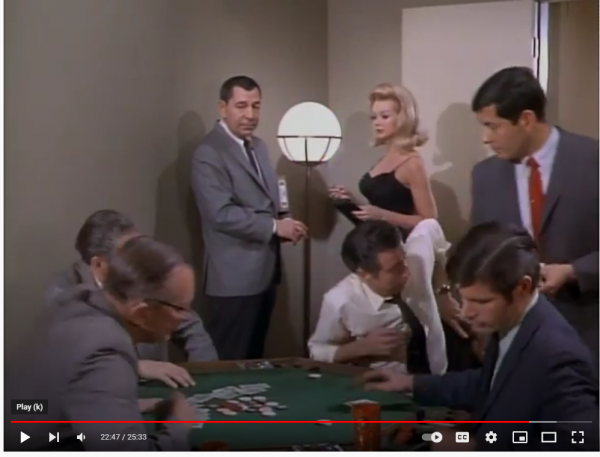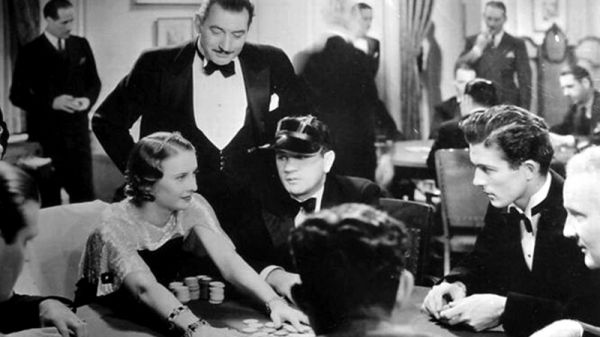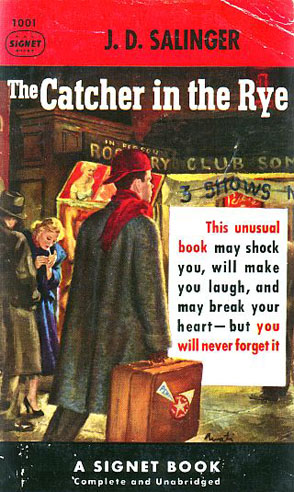Gamblers and Johns
If prostitution is the world's oldest profession, then gambling comes in a close second. Both vices derive their perverted meaning in the shadow of basic, legitimate drives. Prostitution perverts sex as the means to bond people and procreate. Gambling perverts risk-taking as an aspect of commerce and investment strategy. Both vices discredit essential activities in a society, making the legitimate activities as suspect as the perverted ones. Historically, both vices rely on cash-transactions under the table and a hands-off government. Not too surprisingly, they also hang out a lot together.
TV show "Dragnet: Vice-DR-30," 1969
Criminal psychology defines gambling and prostitution as "paraphilia," a word derived from two Latin root-words: para- meaning "beside" and -philia meaning "love of" something. Marriage and investment work for a positive life, gambling and prostitution work for its negative alternates—feeding addictions and causing collateral damage. "Collateral," from the Latin collateralis. The first part col- means "along with." The second part -lateralis means "to the side." Officially, at least, our society has to promote the positive and discourage the negative alternate, in order to keep it moving forward.
The Gambling Lady movie with Barbara Stanwyck, 1934
I read The Catcher in the Rye in high school, and several times since, and I remember the character Holden Caulfield's engaging a prostitute. He makes a quixotic, if not tragic, effort to chat up "Sunny," a surly woman with better things to do than entertain a teenage neophyte. I knew that I never wanted to bed a prostitute. The author J. D. Salinger got the point across irrevocably. It's a dirty business, no matter how much Hollywood tries to gussy it up.
I had a similar experience when I watched Martin Scorsese's film Casino, about a worldly casino manager and his even worldlier "hustler" wife, his gangster connections and enforcers, and the human wreckage that the casino leaves in its wake—and I knew that I would never gamble. Like Salinger, Scorcese makes his point deep down in your soul—not moral revulsion, nor even physical disgust, but you have the feeling of seeing human beings chewed up in a slaughterhouse.
Robert deNiro as "Ace" Rothstein in Casino, 1995




